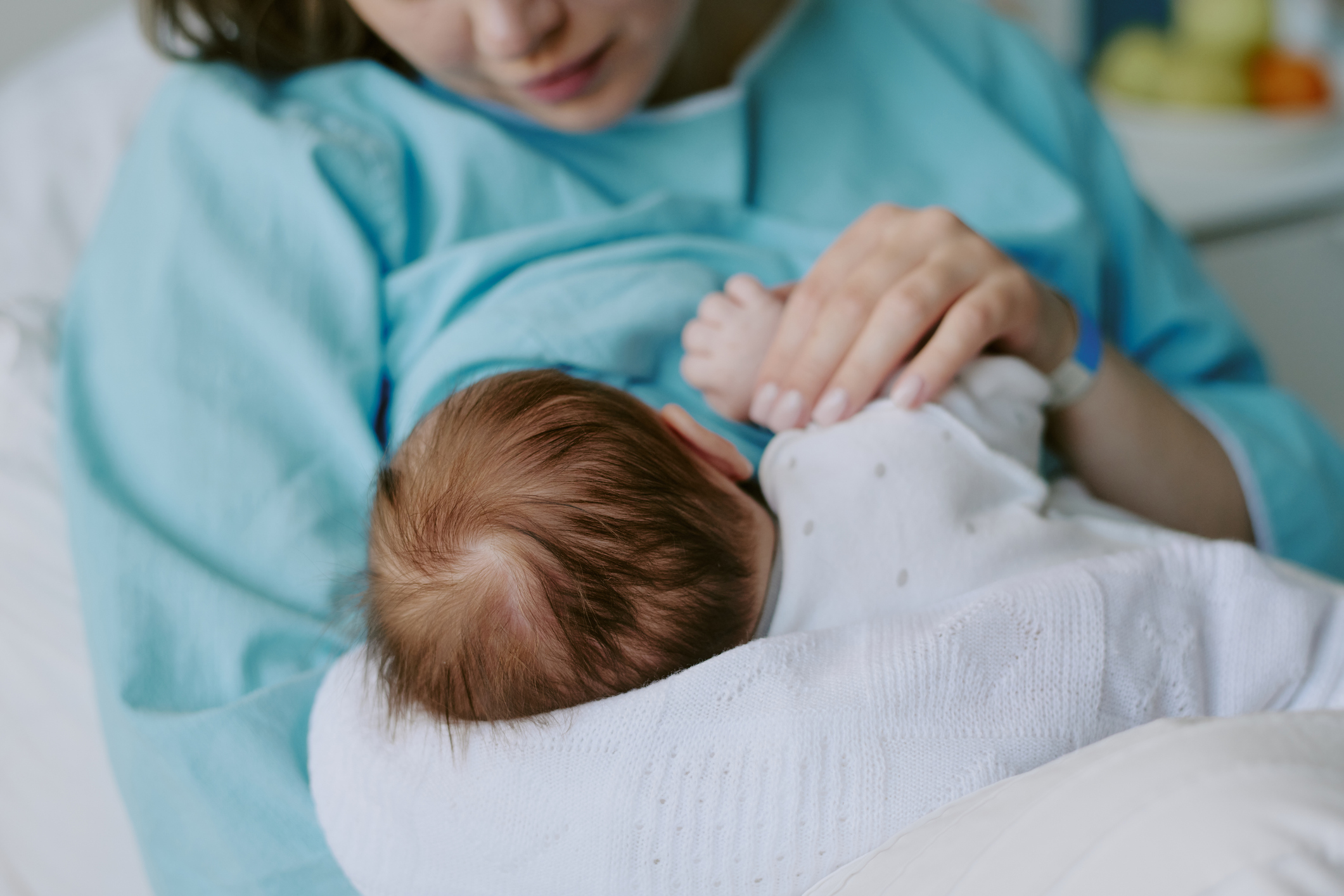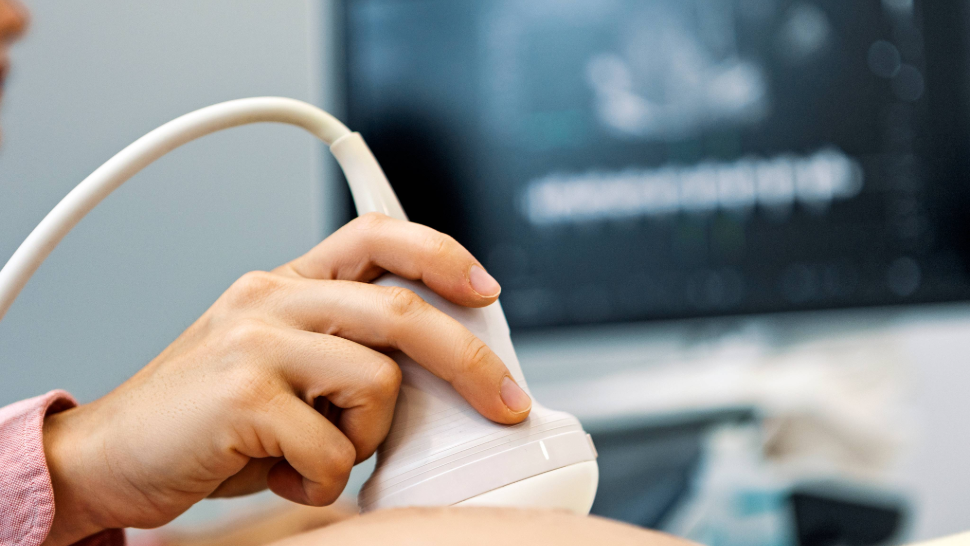This summer, an urgent inquiry into maternity care in England is set to take place across multiple NHS Trusts. Upon his announcement, Health Secretary Wes Streeting declared that “we must act now”. This comes after a series of high-profile cases as well as persistent calls from campaigners, legal professionals and affected families who have highlighted the need for meaningful change.
The Care Quality Commission review recently found 65% of 131 maternity units to be failing on safety, whilst also highlighting several severe recurring issues. These issues included faulty equipment, inadequate pain relief and delays in emergency procedures such as caesarean sections.
In their press release, the government said that ‘the rapid national investigation into NHS maternity and neonatal services will provide truth to families suffering harm and urgently improve care and safety’.
How will the investigation run?
- Part 1 of the investigation will investigate the 10 ‘most concerning’ maternity and neonatal units. The final list of 10 most concerning trusts is yet to be disclosed, but it has been suggested that University Hospitals Sussex and Leeds Teaching Hospitals (which have both had significant complaints raised against them) will form part of the inquiry. Whether these two trusts will be included in the 10 ‘most concerning’ or treated separately is still undecided.
- Part 2 will adopt a system-wide approach to assess maternity and neonatal care. In doing this they hope to bring together lessons from past inquiries to create one clear, national set of actions to improve care across every NHS maternity service.
- This two-part investigation is set to run alongside a package of immediate actions to improve care. This includes holding failing trusts to greater accountability, outlining consistent expectations in changing culture, and implementing a new digital system to all maternity services by November to flag potential safety concerns in trusts.
- The urgent inquiry will commence this summer and is set to report back by December 2025.
How will this be different from past investigations?
Significantly, this inquiry will be informed by and co-produced with clinicians, experts and parents following an open letter published by the Maternity Safety in 2023, arguing that local investigations had not been successful and that a national approach was needed to address these systemic issues.
Furthermore, this investigation will keep its anti-discrimination programme at the forefront to tackle inequalities in care for black, Asian and other underserved communities. Kate Brintworth, Chief Midwifery Officer for NHS England, highlighted the importance of this element of the project, saying “We know we have significant issues to address concerning safety and culture within maternity and neonatal services, and Black and Asian women and those in deprived areas still face worse outcomes, so we must redouble our efforts to improve care for all”. This is key to the investigation after the most recent national data indicated that, when compared to white women, maternal mortality rates were twice as likely for Asian women and almost three times higher for black women.
Current concerns around the new investigation
In mid-August, it was announced that Baroness Valerie Amos would lead the rapid review into maternity care in England. However, more work is required to establish the panel of experts set to support Baroness Amos, as well as on the reference of the review.
The candidates, suggested by the Department of Health and Social Care, have sparked major concerns with families that the review will lack independence, where they deem the candidates are part of the healthcare system that has caused them the harm they are living with today.
Additionally, there appears to be a lack of progress where there is no confirmation as to which Trusts will fall under the remit of the review and a delay in starting. This has left families believing that this review is potentially ‘doomed’ to fail.
How can Medical Accident Group help?
Those impacted by maternity care issues may wish to discuss their options going forward with legal professionals. Our specialist team is available to guide and support you in navigating these kinds of difficult and sensitive matters if you are interested in pursuing a potential clinical negligence claim.





